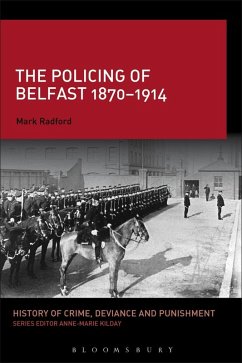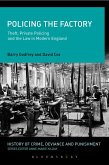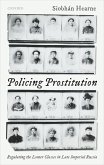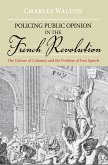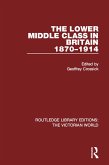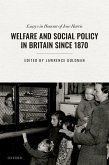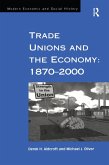The Policing of Belfast, 1870-1914 examines the Royal Irish Constabulary (RIC) in late Victorian Belfast in order to see how a semi-military, largely rural constabulary adapted to the problems that a city posed. Mark Radford explores whether the RIC, as the most public face of British government, was successful in controlling a recalcitrant Irish urban populace. This examination of the contrast in styles between urban and rural policing and semi-rural and civil constabulary offers an important insight into the social, political and military history of Ireland at the turn of the twentieth century. The book concludes by showing how governmental neglect of the force and its failure to comprehensively address the issues of pay and conditions of service ultimately led to crisis in the RIC.
Bitte wählen Sie Ihr Anliegen aus.
Rechnungen
Retourenschein anfordern
Bestellstatus
Storno

